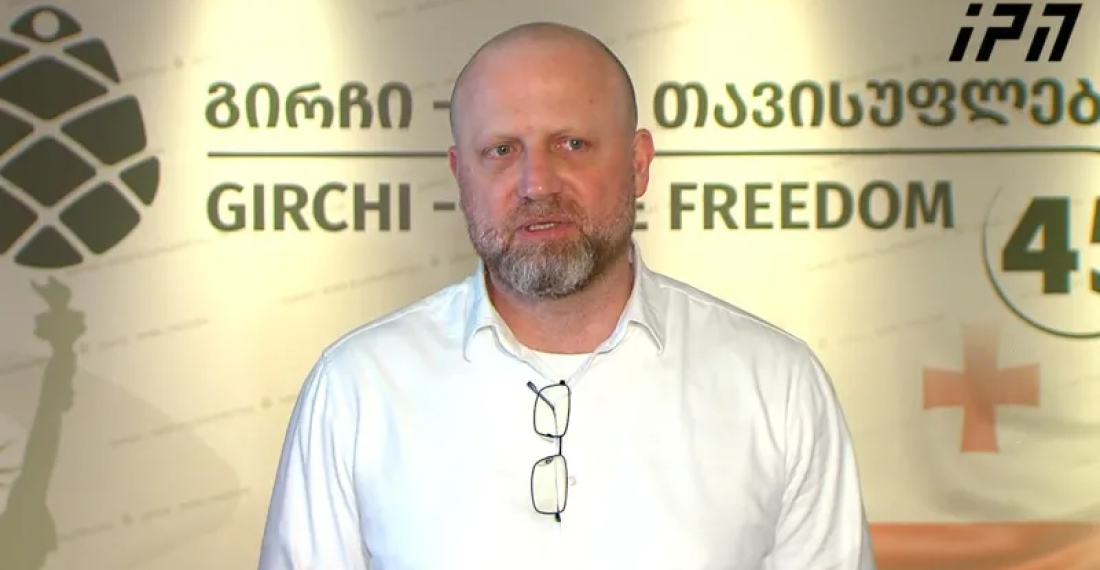At approximately 9am on Saturday (17 June), the leader of the Georgian libertarian opposition party Girchi-More Freedom, Zurab Japaridze, was reportedly punched in the face en route to a youth summer camp in the resort town of Borjomi, which itself was targeted later that morning by a violent mob.
According to civil.ge, Japaridze is one of the more visible leaders of the opposition and he was due to appear at the Liberal Education Academy youth summer camp, which is being organised by the Insitute for Individual Liberty (IFIL), an activist civil society group.
On Monday morning (19 June), Georgian media is reporting that the man who attacked Japaridze near the town of Gori has been arrested, and an investigation has been launched.
Some two hours after Japaridze was attacked, reports emerged of a violent mob having arrived at the summer camp where Japaridze was due to appear. A group of around 50-60 men are understood to have thrown stones, red paint, and shouted insults at the hotel where the camp was taking place. According to the camp organisers, it took almost an hour for police to arrive at the scene, and the camp has since been suspended.
Among the mob was a former member of the ruling Georgian Dream party's youth wing, Vato Shakarishvili, who last year established the "Georgia Above All" conservative movement pledging to end what he called "the diktat of the liberals".
Scuffles break out at Tbilisi State University lecture given by Georgian Dream Chair Kobakhidze
Also on Saturday, fighting reportedly broke out among attendants of a lecture at Tbilisi State University given by the Chair of the ruling Georgian Dream party, Irakli Kobakhidze.
The clashes are understood to have erupted when students attempted to display protests banners against Kobakhidze, but were then physically confronted by as many as 20 unidentified individuals.
The incident on Saturday echoes a similar incident last week when students interrupted Kobakhidze's lecture by throwing Russian currency at him from the stairs in an act of protest.
The ruling Georgian Dream party frequently attracts criticism from opposition circles over what they perceive to be a closeness with Russia.
In March 2023, the ruling party had planned to introduce a law - copied from a similar law infamously introduced in Russia in 2012 - which would have branded media, NGOs, and other civil society organisations that receive more than 20% of their funding from foreign sources as "agents of foreign influence". It was rejected by the Georgian Parliament at its second reading after a week of violent protests in the capital, Tbilisi.
Then, in May 2023, following Russian President Vladimir Putin lifting a 2019 ban on direct flights between Russia and Georgia, the Georgian government announced that they would permit flights from Russia, however insisted that no internationally sanctioned aircraft would be permitted to fly to Georgia. This development also led to some protests, although on a much smaller scale than in March.
source: commonspace.eu with agencies
photo: interpressnews.ge







